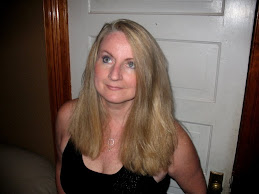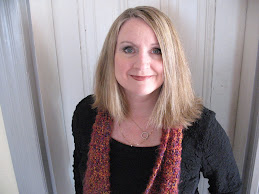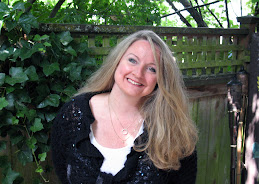A Sticky Situation: Avoiding Sticky Sentences
So one of my favorite writing tools is
ProWritingAid.com. It picks out vague
words, long sentences, lovely adjectives, and overused words. I don’t use it
exclusively when I edit, but at least one early pass through ProWritingAid
allows me to pick out some of the really obvious errors.
But one thing it found in my writing that I wasn’t aware of,
was sticky sentences. So I had to do a little research. Sticky sentences, as
you might expect, contain lots of glue words.
Glue words are the unnecessary little words you use every
day. They are this, the, out, if, about,
good, what, there…you get the idea. They aren’t pretty. They work hard. But
they could be replaced by better, more expressive, and more poetic words—words
that will make your prose shine, make your explanations easier to comprehend,
and make the dialogue coming out of your character’s mouth sound eloquent.
In a sense, they
stick on your writing, slowing down a reader who’s trying to understand a
wordy, padded sentence. It might make you think you sound smarter to use so
many words while getting a really small point across, but you’re just making it
harder for your reader.
So let’s give an
example and run an experiment. I’m going to rewrite the previous four
paragraphs to take out some of the sticky sentences and glue words. Currently,
those paragraphs clock in at 200 words.
Revised Paragraphs
(140 words):
ProWritingAid.com is a favorite writing tool of mine. The software picks out vague and overused
words, long sentences, and adjectives. I use ProWritingAid during an early
editing pass to pick out obvious errors.
One thing ProWritingAid finds is sticky sentences. Sticky
sentences, as you might expect, contain lots of glue words.
Glue words are unnecessary words you use every day. Examples
are this, the, out, if, about, good, what, there…you get the
idea. They aren’t pretty. They work hard. But they could be replaced by better,
more expressive, and more poetic words—words that will make your prose shine,
make your explanations easier to comprehend, and make your characters eloquent.
Sticky sentences are wordy and padded. Many writers believe
they sound smarter by using more words, but readers need to understand your
work and not just be impressed by it.
--So which paragraphs do you prefer? The rambling, sticky
draft at the top or the more polished and concise version at the bottom? Do you
find your sentences sticky?


































No comments:
Post a Comment